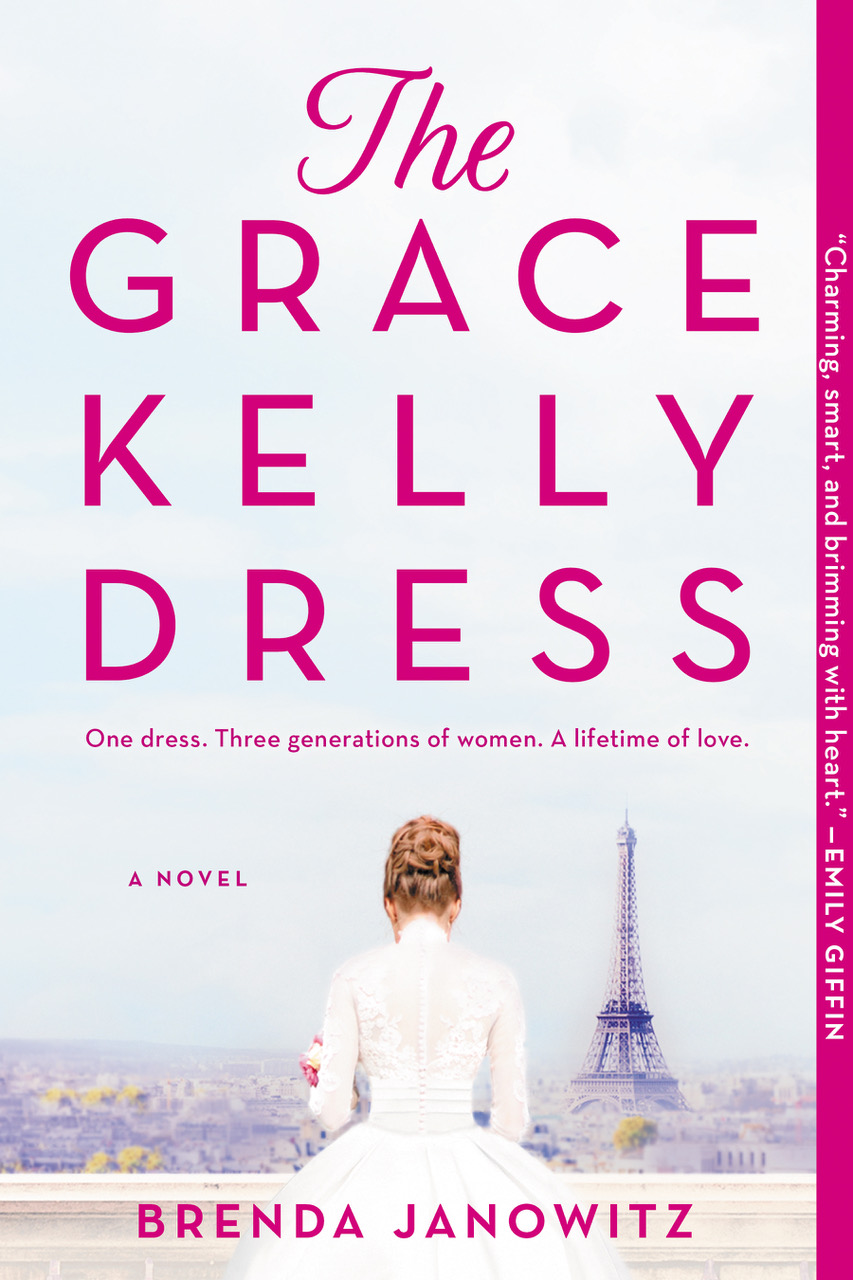A conversation with Brenda
Q: You are the author of four previous novels. What can your readers expect from The Dinner Party? How does it compare and differ from your previous books?
A: This is my most ambitious work yet. I hope readers will find what they love about my other books—the fun, the humor, the honesty—but will discover how I’ve grown as a writer. I’m hoping readers will find The Dinner Party to be a thought-provoking read about family, love, marriage, ambition, and acceptance.
Q: Tell us about the inspiration for the book and how you came up with the title, The Dinner Party
A: I wanted to write a book about letting go, and how only when we let go of the past can we move on with the future. Passover seemed like a perfect metaphor for this— 'Let my people go' and all that. I very much wanted to stretch myself creatively, and write about people of different ages, with different backgrounds, so having a book about three very different families with two generations allowed me to do that.
The novel was originally called The Last Supper, because of the theory that the Last Supper was actually a Passover Seder. My publisher felt readers might be confused by that title (as many thought my last book, Recipe for a Happy Life, was a novel about cooking. ..), so we decided to think of a title that was a bit more universal, that really encompassed what was happening. The Dinner Party was the perfect fit. Because when Sylvia Gold throws a family Seder, it’s not just a Seder. It’s an event.
Q: Sylvia Gold is an unforgettable character. Pretentious and overbearing, she is also a doting mother—perhaps to a fault. Her actions throughout the novel, while often appalling, are also very humorous. Who was your muse for Sylvia?
A: Funny you ask that. I thought I’d created Sylvia purely out of my imagination. But as I prepared to host my family’s Passover Seder last year while I was deep into editing the novel, I found myself writing place cards, and having my gutters emptied, and doing a lot of what I had Sylvia doing to prepare for her own family Seder (although I did not hire a caterer. The brisket was mine and it was spectacular).
I emailed my editor: I think I may be Sylvia. .. And she quickly responded: I think we all have a little Sylvia in us.
Q: In addition to Sylvia, The Dinner Party features a host of wonderful and entertaining characters. Did you model any of the characters off of people you know? Do you identify with any of the characters personally?
A: In every novel I write, I’m every character. And everyone I’ve ever met is every character. For me, character inspiration comes from everywhere I go. I see it in everything I do. So, I don’t specifically model characters off people I know. But my life and my experiences seep into every novel, so friends and family are always saying to me: that character is based on me, isn’t it?! I try to tell them gently: it’s not. But the characters are an amalgam of my life, so I suppose if we’ve ever met, you could say that my characters are partially based on you.
Q: The first 'meeting' between two families can be a bit awkward, no matter who you are or where you’re from. But in the book, you have the Golds of Greenwich, CT entertaining the Rothschilds of NYC—one of the wealthiest families in the world How did you come about choosing the Rothschilds?
A: The Rothschilds are legendary, and certainly the most famous Jewish family to ever live. In my fiction, I’m always looking to push things further, so when I was looking for a foil for Sylvia, it had to be the biggest and the best. It would be hard to have Sylvia so concerned with appearances otherwise.
Q: Learning how to let go—of old grievances, family, unrealistic expectations—is a central message of this novel. What’s the significance of this to you both as a writer and as a person?
A: Learning how to let go is something I’m always struggling with in my personal life, so I did what all writers do, I wrote about it.







